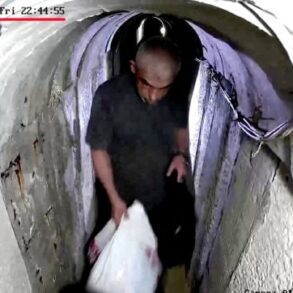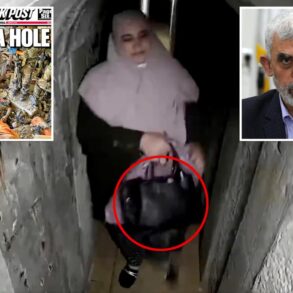
SINGAPORE – An islandwide blitz by the Singapore Police Force (SPF) on Aug 15 led to the arrest of 10 foreigners, including five who were subsequently charged under an anti-money laundering law.
The Corruption, Drug Trafficking and other Serious Crimes (Confiscation of Benefits) Act (CDSA) seeks to combat corruption, drug dealing and other serious crimes, including money laundering.
The law allows the authorities to immediately seize or freeze assets, or block any further transactions.
In the current case, the police took control of around $1 billion worth of assets in Singapore, including 105 properties, 50 vehicles, more than 250 luxury bags and watches, and more than 270 pieces of jewellery.
The items include Patek Philippe watches, Hermes bags and Rolls Royce cars.
The Straits Times spoke to lawyers and luxury goods dealers to understand the legal procedures, and the care needed for the items confiscated, which include expensive bottles of wine.
Q: What is the CDSA?
A: The law, which came into effect in November 1992, allows the authorities to immediately seize or freeze assets, or block any further transactions. The first time it was enforced was in 1994, when more than $1 million in cash and valuables belonging to drug suspects were seized by the courts.
Lawyer Cory Wong, director at Invictus Law Corporation, said the law can be enforced as long as some link is established to show criminal activity.
“There is no need to even wait until the person is formally convicted by the court, which could take months or even years for the legal proceedings to conclude,” he added.
It also possible to confiscate assets acquired by a third party or close relative.
The law was amended in May 2023 to deal with money mules, allowing prosecution of those who sell their payment and Singpass accounts.
Q: What happens to the assets which are seized, frozen and blocked from being sold?
A: Once the law is enforced, the State can immediately take control of the assets, including properties, which belonged to the accused person or persons.
Said Mr Wong: “The assets might well just sit in storage to collect dust, but at the same time, the law recognises that an accused person might well be acquitted at the end of the day.”
Under the Criminal Procedure Code, the police will take custody of physical things such as electronic devices, cash or personal belongings, said lawyer Eugene Thuraisingam, of Eugene Thuraisingam LLP, in a paper published online.








